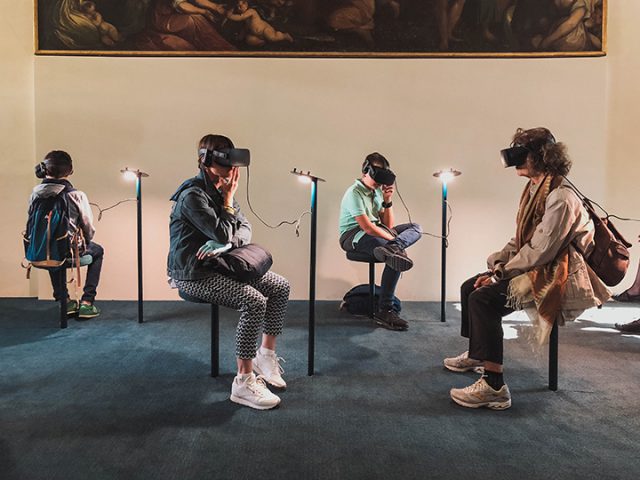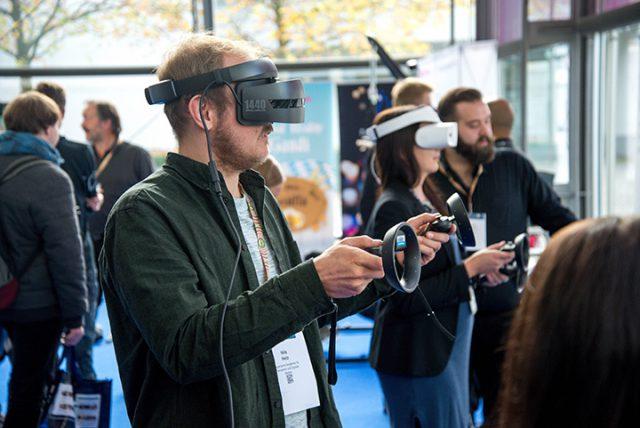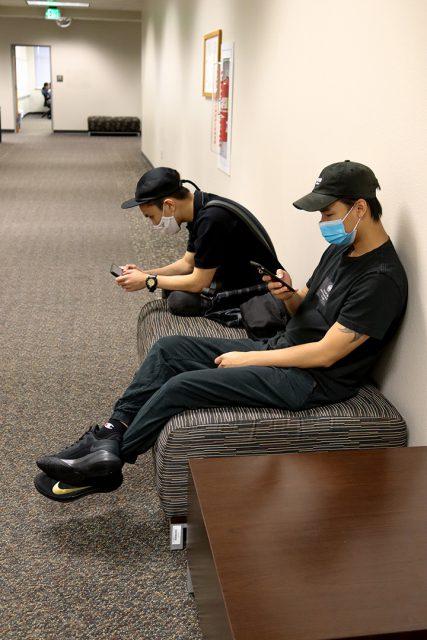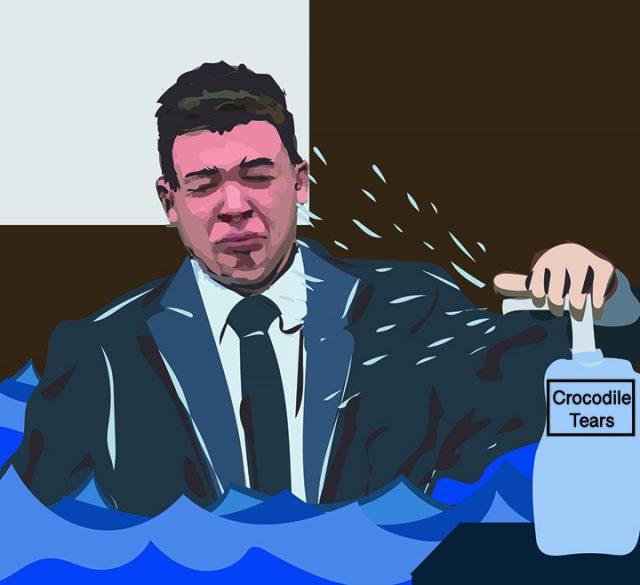Jose Romero
editor-in-chief
Better start packing. We’re all moving to the metaverse.
A metaverse refers to a virtual world where people interact with one another through digital avatars. There are a couple of examples of software that currently do that, but it isn’t enough. Corporations like Facebook want to take it to the next level, making it into a whole world visualized through the lens of Oculus VR headsets. The best depiction of what a metaverse is would be “Ready Player One.” Pop the goggles on and your external surroundings now mean nothing.
It’s a horrifying proposition. There’s enough of a disconnect between people and the real world because of social media and cellphones, so a fully-realized metaverse could be detrimental. Especially one curated by Meta, previously known as Facebook. Even changed its name to show the direction it’s taking.
Meta is all in on this. Recently, Microsoft got in on it by striking up a partnership, integrating Teams into Workplace — Meta’s collaborative software tool. Not only does Meta want to be a titan in the real world, but it wants to steer the cart in the virtual world as well. The last thing the world needs is overlord Mark Zuckerberg controlling another digital space.

The interesting thing about the metaverse conversation is that Meta isn’t the only company taking a stab at it. The worldwide phenomenon “Fortnite” is steering in that direction. It has brought in elements from real life into the game, thrown concerts and events in there, and has added multiple social methods like hubs for players to interact with one another in. With over 350 million registered players, according to “Fortnite’s” Twitter account, it has the closest chance of becoming the ideal metaverse.
At this point, it’s a battle between tech giants to decide who will have control of the digital space. But, as the tech industry always does, the repercussions aren’t being evaluated whatsoever.
Everybody at Epic Games — “Fortnite’s” publisher — and Meta need to reflect on the ramifications of going through with this. Metaverses could create a disconnect between reality and virtual reality. People will buy clothes for their avatars before considering buying clothes for themselves. A practice that already happens with microtransaction and in-game currencies.
This isn’t just a concern for adults.
“Roblox,” a game targeted toward children, has similar systems in place. People create an avatar and buy clothes, accessories and gear from them. Starting them off early, I guess. “Roblox,” like “Fortnite,” has had events that tie into the real world such as concerts from Twenty One Pilots.
With how much Meta is investing into metaverses, it’s no doubt it’ll take notes from “Roblox” and “Fortnite.” But, something to always be considered, is whether or not it’s a fad. It could just be the talk of the town this year then fall into obscurity the next.








































